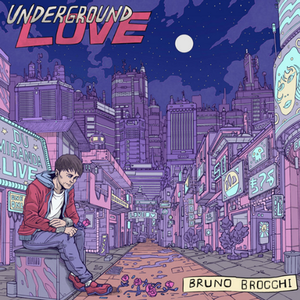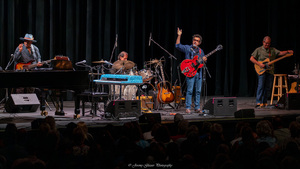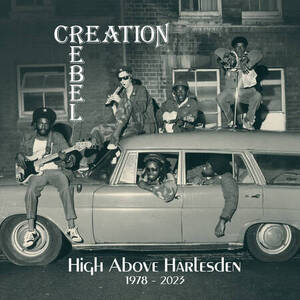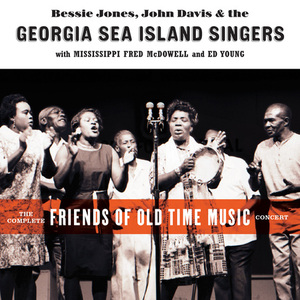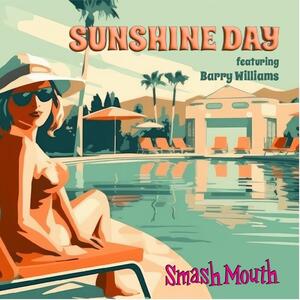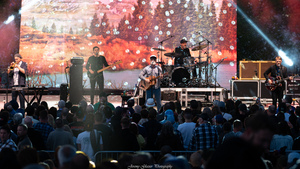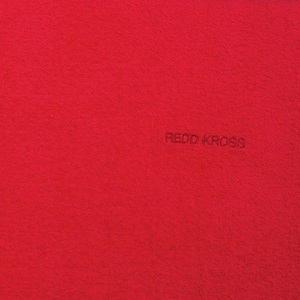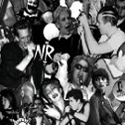
You Weren’t There: A History of Chicago Punk 1977-1984
directed by Joe Losurdo and Christina Tillman
Regressive
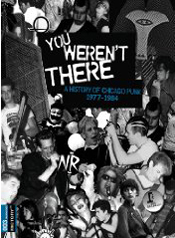
In the near future, there will be a documentary produced on every single punk scene or band from the late ’70s to mid ’80s. And that’s just fine. Sure, the format never really varies that much (vintage performance/interview clips and interviews with aged musicians grafted onto the usual rise and fall timeline), but as a way to round up disparate YouTube clips and fill in stories and answer questions that never got answered pre-internet days, the recent crop of documentaries have been fascinating glimpses into a sparsely documented youth culture.
In You Weren’t There, the focus is on the Chicago punk scene, a scene that was as vital and exciting as anything California or New York put out, yet nowhere near as well documented. Starting with the early days of punk, You Weren’t There effectively creates the excitement and novelty of a diverse group of weirdos finding and creating a scene that they could feel comfortable in. The alliances between the early punks and the gay clubs is interesting, with several interviewees pointing out how dangerous it was to identify as either gay or as a punk rocker in the late ’70s.
You Weren’t There really shines by presenting full song clips. The majority are from the Busted at Oz compilation (by the way, someone really needs to reissue that one), and the sound quality is miles ahead of most contemporary clips. Clips from early bands, like Tutu and the Pirates, show the joy of an established band figuring out that this new punk stuff was pretty fun to play – that acting as offensively as possible (although somewhat quaint by today’s standards) can be liberating. The Siouxsie and the Banshees-influenced DA makes a striking impression as well, especially sandwiched between the more punk and hardcore bands.
The big four bands (Articles of Faith, Naked Raygun, Big Black, and the Effigies) are extensively interviewed, with Naked Raygun evolving throughout the documentary to create their own, unique sound. Old feuds are revisited, and some pretty funny stories are aired out. There is also a focus on clubs, zines, and promoters, a nice touch showing the big picture of punk, rather than focusing entirely on bands.
The only negative to You Weren’t There would be in the last 10 or 20 minutes, when the interview subjects complain about the kids today. While a few subjects are somewhat gracious towards the new generations of punkers, after about five clips of “the kids with their Green Days and the Hot Topics” it gets to be a bit much.
Overall, You Weren’t There is a well-done and compelling documentary, one that should interest fans of the Chicago scene as well as viewers without previous knowledge.
Regressive: http://www.regressivefilms.com

